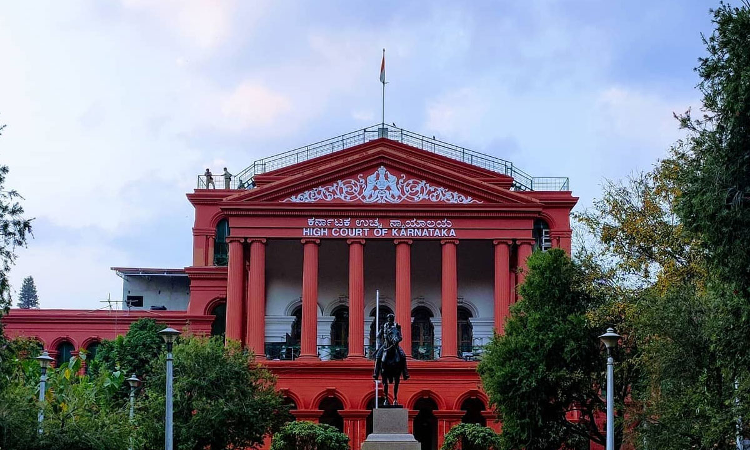Karnataka High Court Upholds Constitutional Validity Of S.394 CrPC For Abatement Of Appeals On Death Of Accused
Mustafa Plumber
20 Aug 2022 10:16 AM IST

Next Story
20 Aug 2022 10:16 AM IST
The Karnataka High Court has dismissed a petition assailing the constitutional validity of section 394(1) of the Code of Criminal Procedure, 1973, which provides for abatement of criminal appeals on the death of accused. A single judge bench of Justice Krishna S Dixit dismissed the petition filed by G Varadaraju and said, "The proceedings for criminal prosecution of offenders...
